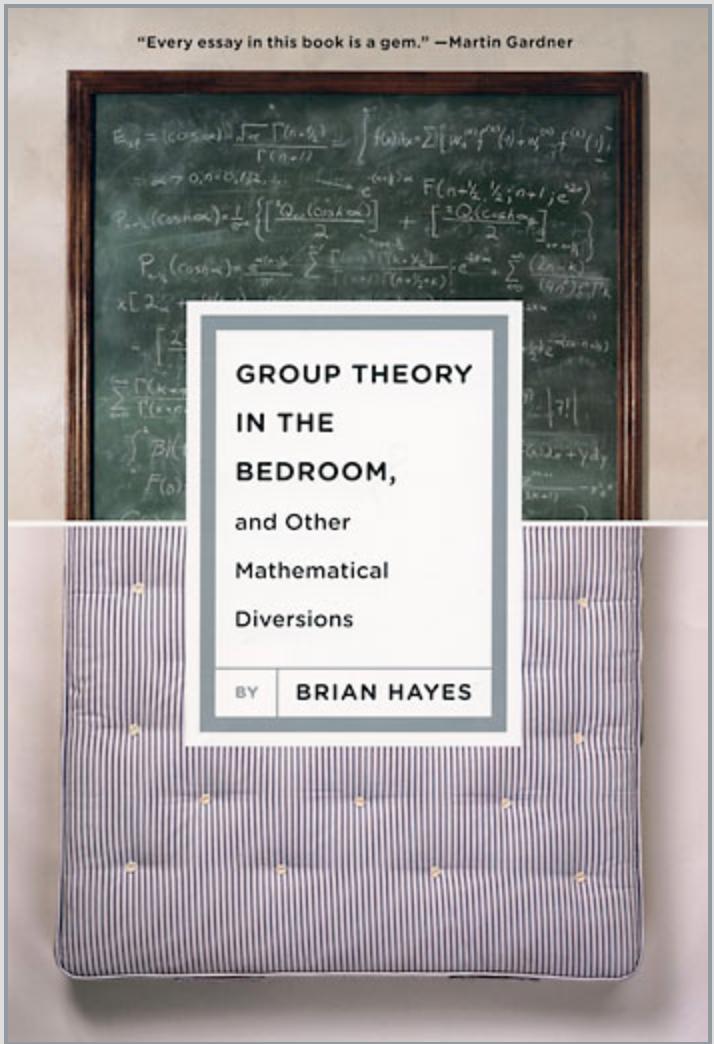A bit of a strange and abstract answer, but for variety:
I have found personally that even just the basics of abstract algebra and group theory have helped me immensely pedagogically, as it has allowed me to understand abstractions better, and fundamentally altered how I think and process ideas and concepts.
Firstly, group theory is essentially the study of symmetry. It helps you understand how things can be symmetrical, and the different ways you can represent the same object. Anywhere that symmetry exists, you can think of it in terms of group theory. Let's say you and 3 other friends are playing a game together, and for variety sake, you want to switch up the player order each game. With a good understanding of the $S_4$ group, you don't need to remember which orders you've tried, you can easily construct many simple ways to determine the next ordering. This example is a little contrived, but hopefully you can see where it could appear innocuously in every day life. Most people won't see "player order" as something having symmetry.
Here is an example to make the next paragraph feel less abstract: Let $a$ be a rotation 90 degrees clockwise around the $x$-axis. Let $b$ be a rotation 90 degrees clockwise around the $y$-axis. Let $c$ be a rotation 90 degrees counter-clockwise around the $x$-axis. I have a cube and I want to apply the $a$, $b$, and $c$ rotations in that order. What will the cube look like?
First we represent the overall rotation as $a+b+c = a+c+b$. The $a$ and $c$ rotations cancel, so we are just left with $b$. Grab a cube and try it yourself! You will find this does not get you the right answer. Wait, what?
When learning math, there are several major hierarchies of concepts students learn as they get more advanced, in the sense that they must be very comfortable manipulating and understanding them in order to reach the next step of mathematical maturity: numbers, arithmetic, expressions, functions, logic, properties. The "properties" level is examined when you study abstract algebra. What do algebras look like if the commutative and associative properties don't hold? There are a lot of implicit assumptions we make when writing mathematical statements that we often take for granted, that are now muscle memory (like when we solve an equation). But by examining the properties of the algebra, we can catch our mistakes and justify our reasoning. In this problem, we assumed that 3D rotations are commutative, that $a+b = b+a$, but this is in fact not true (this is a special case of matrix multiplication). Having a good grasp of abstract algebra makes it easier for you to challenge those assumptions.
In general, the idea that you can basically do algebra with just about anything as long as your operations are defined properly, is a pretty cool and powerful idea. The idea that the algebra systems are (sort of) defined by their properties and not by what the elements represent means seemingly unrelated things are the same. This changes one's attitude towards math significantly, and you start to realize there is just as much invention in math as there is discovery. We aren't just proving theorems, we are also inventing definitions.
Once you broaden your perspective in this way, you will have a healthier approach towards higher mathematics, a shift in philosophy, and an appreciation for abstraction. Then it doesn't seem too difficult to imagine that there could be plenty of applications of these concepts intuitively through art and design, programming, playing games, etc. even if it is difficult to identify specific ones. The more complex the math, the less explicit the applications and the more important they are in changing how we think and our philosophies.
